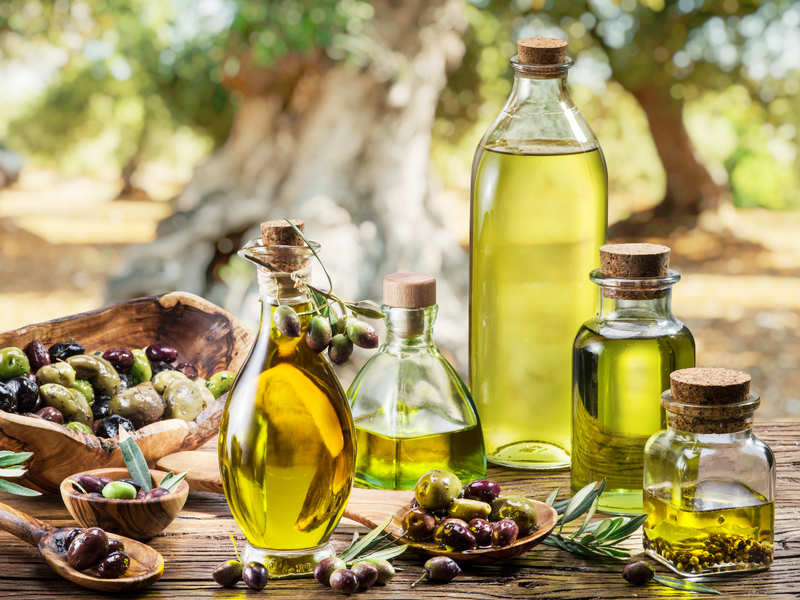#EVO #OliveOil #butter #health #life #eatingplan
“Heart-healthy olive oil may add years to our lives”–Paul Ebeling
Those of us who consume more than 1/2 a tablespoon of olive oil a day are less likely to die from heart disease, cancer, neurodegenerative diseases or lung disease when compared to people who consume less of this healthy fat, a new study finds.
It is not just adding olive oil to your eating plan that staves off death from disease, said study author Marta Guasch-Ferre, a research scientist in the nutrition department at the Harvard T. H. Chan School of Public Health. “We need to pay attention to overall diet quality and lifestyle, and consistent with our results, the key would be to add olive oil into the diet as a substitution of other unhealthier fats.”
Olive oil is rich in healthful antioxidants, polyphenols and vitamins, and is a good source of heart-healthy monounsaturated fats. “One may speculate that mechanisms related to the anti-inflammatory and antioxidant properties of olive oil may have played a role in these findings,” Dr. Guasch-Ferre said.
Olive oil use could also be a marker for a healthier lifestyle. Those in the study who consumed the most olive oil were more physically active, less likely to smoke and ate more fruits and vegetables than people who consumed less olive oil.
For the study, the researchers analyzed data on more than 90,000 people from the Nurses’ Health Study and the Health Professionals Follow-Up Study who were free of heart disease and cancer when the study began in Y 1990. These folks were followed for 28 years. Every 4 ys, they were asked how often they ate certain foods, including fats such as margarine, butter, mayonnaise, dairy fat and olive oil.
When compared with people who never consumed olive oil, those who consumed more than 1/2 a tablespoon a day had a 19% lower risk of dying from heart disease, a 17% lower risk of dying from cancer, a 29% lower risk of dying from a neurodegenerative disease, and an 18% lower risk of dying from lung disease.
The researchers also developed statistical models to simulate what would happen if a person swapped out 3/4 a tablespoon of margarine, butter, mayonnaise or other vegetable oils with olive oil. This switch reduced the chances of dying from all causes. Substituting olive oil for other vegetable oils such as canola, corn, safflower and soybean didn’t have the same effect, the study showed.
The findings are published in the 11 January 2022 issue of the Journal of the American College of Cardiology.
Many questions on the potential health benefits of olive oil need answering before broad recommendations on its use can be made, wrote Susanna Larsson in an accompanying editorial. She is an epidemiologist at the Karolinska Institute in Stockholm, Sweden.
For example, Dr. Larsson asked, “What is the amount of olive oil required for a protective effect? Are the protective effects confined to polyphenol-rich extra virgin olive oil or are refined olive oil and other vegetable oils as beneficial?”
It is not just the olive oil that confers these health benefits, it’s likely what the olive oil travels with and/or adds flavor to.
“If a recipe calls for butter, I use the best French butter and do not replace it with olive oil, butter is the flavor.
I use EVO to dress vegetables, not to cook with.
Eat healthy, Be healthy, Live lively









